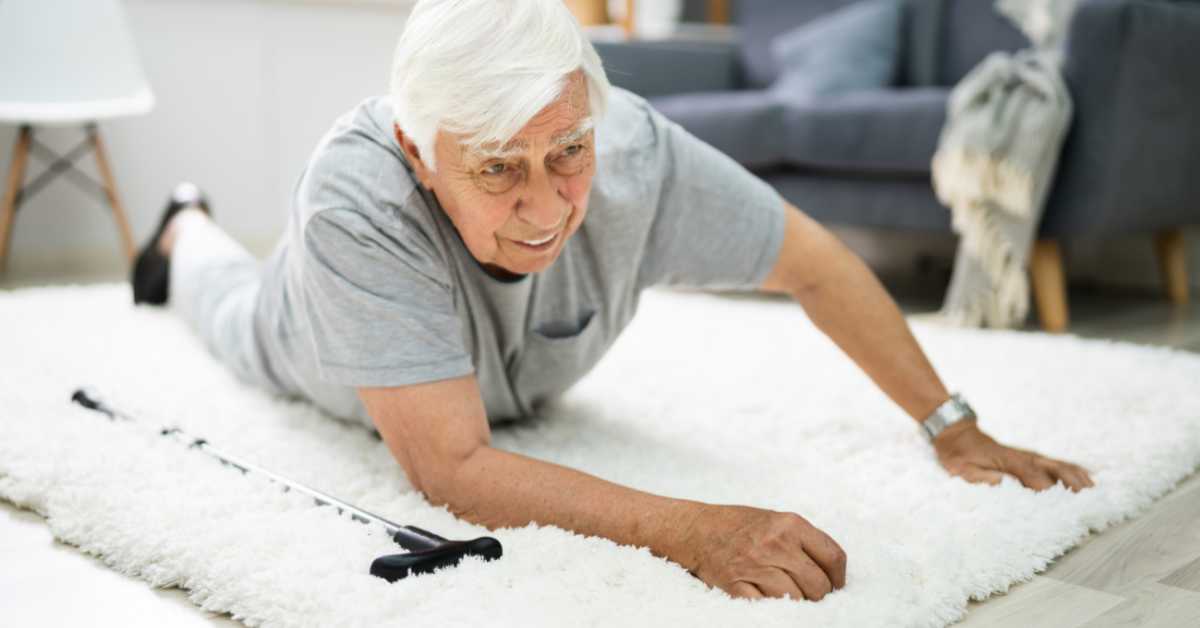
Have you experienced an injury from a slip and fall accident on another person’s property? You may feel tempted to brush the incident under the rug out of embarrassment or because you believe you have no one but yourself to blame. But slip and fall accidents often fall under premises liability in Connecticut, which means the property owner could be financially liable for your medical bills and pain and suffering.
Before you file your claim, be sure you understand Connecticut’s slip and fall case laws. You may wish to contact a Connecticut slip and fall lawyer for personalized legal guidance.
Connecticut Statute of Limitations for Slip and Fall Cases
Every state has its statutes of limitations for personal injury cases. A statute of limitations is the window of opportunity during which you may file a lawsuit, starting from the day of the accident. Connecticut’s statute of limitation laws allow victims up to two years to file slip and fall claims.
Failing to file your lawsuit by this statutory deadline could prevent you from securing compensation. The court will dismiss your case unless you meet one of the following exceptions to the statute of limitations:
- Being a minor or incapacitated at the time of the accident
- Not being able to locate the defendant because they fled the state
- Not recognizing the damages until some time after the accident date
Don’t delay filing your lawsuit; talk to a Connecticut slip and fall lawyer as soon as possible.
Establishing Negligence in Slip and Fall Cases
To seek compensation from the property owner in your slip and fall accident case, you must show they were negligent. Negligence involves four main criteria:
- Duty: The property owner owed you a responsibility to execute reasonable care to keep you safe on their property.
- Breach: The property owner breached that duty of care by, for instance, neglecting dangerous conditions on their property.
- Accident: You slipped and fell as a direct result of the property owner’s breach.
- Damages: You experienced injuries or physical damage from the accident, such as broken bones.
Property owners in Connecticut automatically owe a duty of care to two types of people who enter their premises:
- Invitees: People the property owner directly or indirectly invited to the property. These can include customers at a store or friends or neighbors the owner invited over for dinner.
- Licensees: These are people who entered the property lawfully but for their own gain, such as someone who enters a convenience store just to use the restroom.
In contrast, a property owner typically doesn’t owe a duty of care to trespassers or people who enter the property illegally.
Comparative Negligence Policy
You should also understand Connecticut’s comparative negligence policy before proceeding with your slip and fall accident case. Under comparative negligence, more than one person may be partially liable for the accident, and the percentage of fault correlates to the compensation they can seek.
For example, let’s say you tripped on a broken step at your friend’s house, causing you to fall down the stairs. But you were also looking at your phone at the time of the accident. You and your friend may be partially liable for the accident, but as long as you were less than 50% responsible, you can still seek compensation. The insurance company would reduce your payout by your percentage of fault.
Working with a Connecticut slip and fall lawyer ensures you stick to these and all other relevant personal injury laws while navigating your case. Contact the Law Offices of James A. Welcome today at 203-753-7300 for a free consultation.
